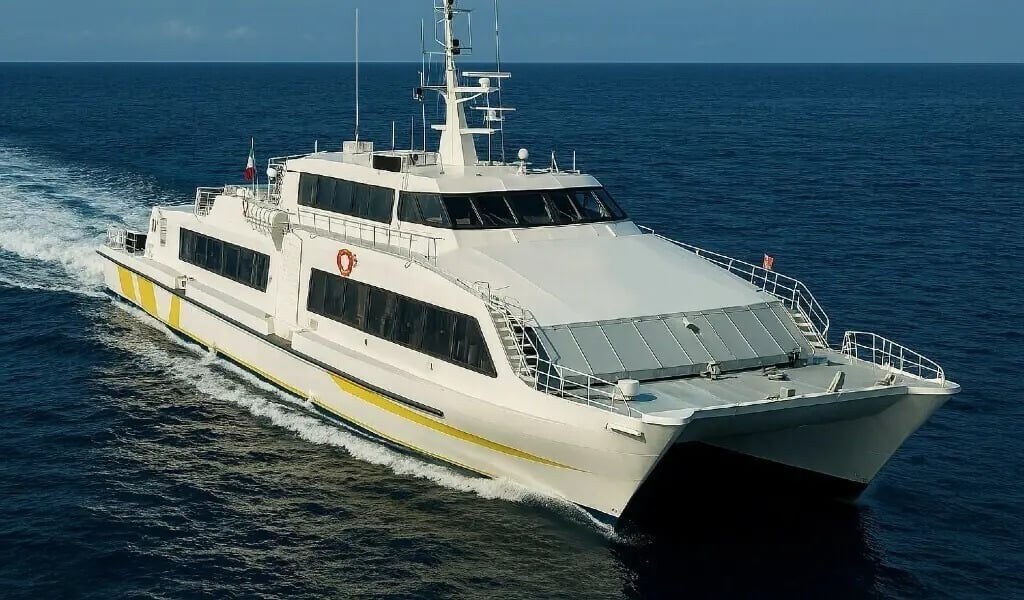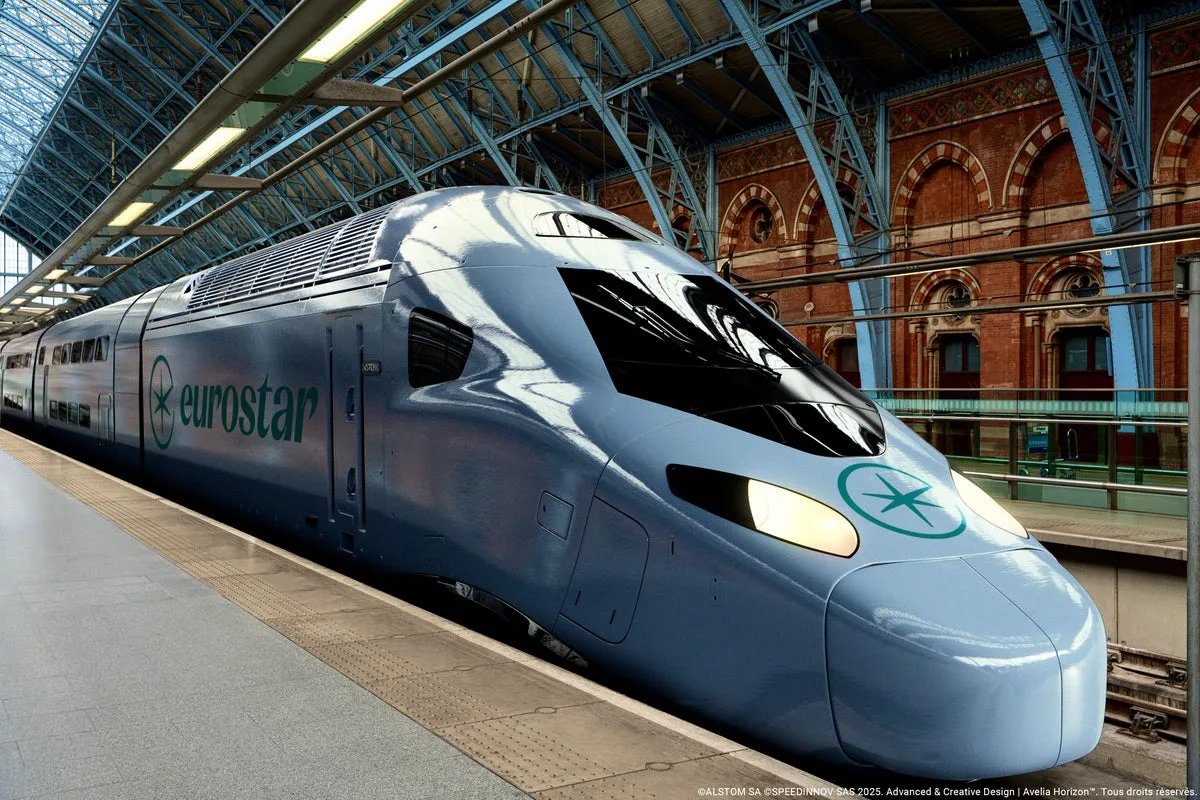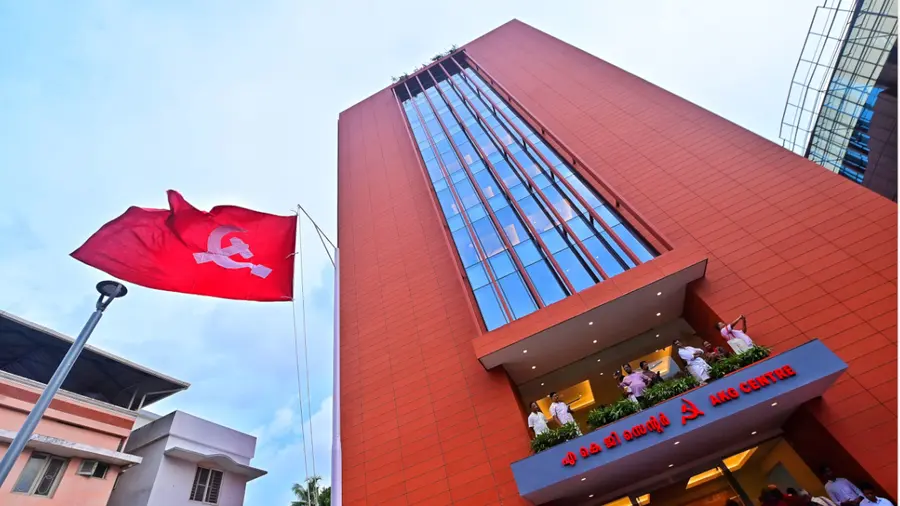Copyright dailytimes

Pakistan and Iran are considering a ferry service to improve trade and religious tourism. The initiative would offer a low-cost travel option for both pilgrims and traders. Federal Minister for Maritime Affairs Muhammad Junaid Anwar Chaudhry proposed the idea during talks with Iran’s Minister for Roads and Urban Development Farzaneh Sadegh in Islamabad. The plan aims to make cross-border travel more efficient while strengthening economic ties. Chaudhry highlighted that Iran’s lower fuel prices could keep fares affordable. He said the service would enhance bilateral connectivity and open new opportunities for both countries’ ports. Pakistan would welcome Iranian entrepreneurs or companies willing to operate the ferry service. The minister also stressed that the initiative could turn maritime routes into key gateways for regional trade. Read more: Pakistan approves ferry service to Iran and Gulf states The ferry could greatly increase pilgrim travel. Last year, around 60,000 to 70,000 Pakistanis attended Arbaeen by air. Chaudhry said a ferry service could multiply this number significantly, providing pilgrims a safer, cheaper alternative. Traders could also benefit, as ferry operations would support the movement of goods along Pakistan–Iran trade corridors. Both ministers emphasized the importance of port infrastructure and regional connectivity. They discussed developing sea, land, and rail routes to facilitate trade. Sadegh noted that ports in both countries are major economic assets. Both sides agreed that stronger maritime links could enhance investment, trade, and people-to-people ties in the region. Read more: Iran Welcomes Pakistan-Afghanistan Ceasefire, Urges Dialogue for Peace A centralised pilgrim management policy is planned for next year. Under this system, all pilgrims will travel through registered tour operators to ensure safety and coordination. The ministers reaffirmed their commitment to strengthening cooperation in maritime and transport sectors, promoting regional trade, and advancing the blue economy for mutual prosperity.



